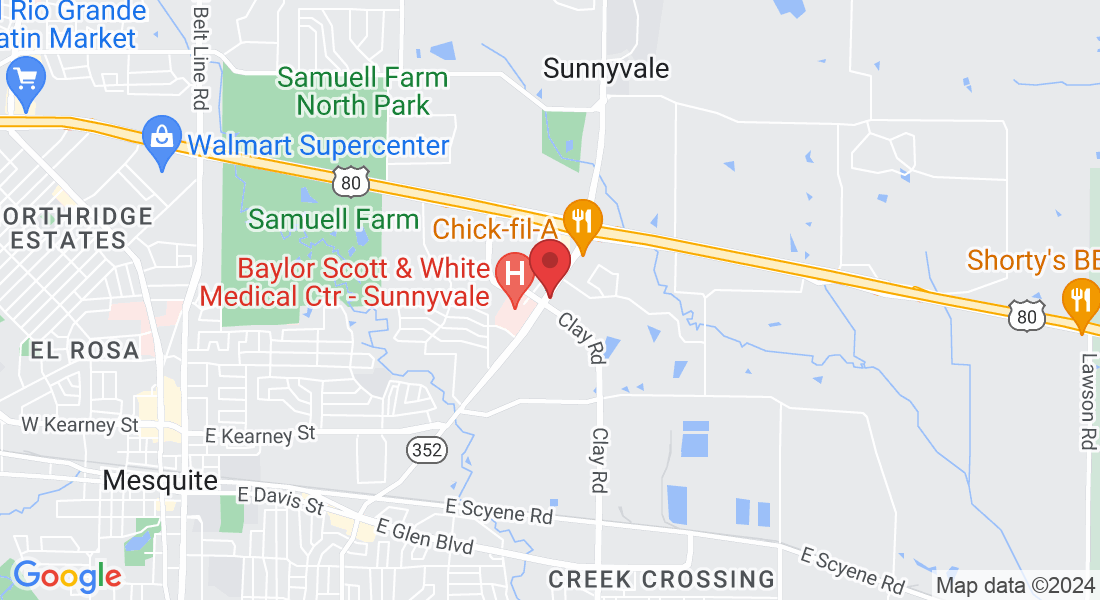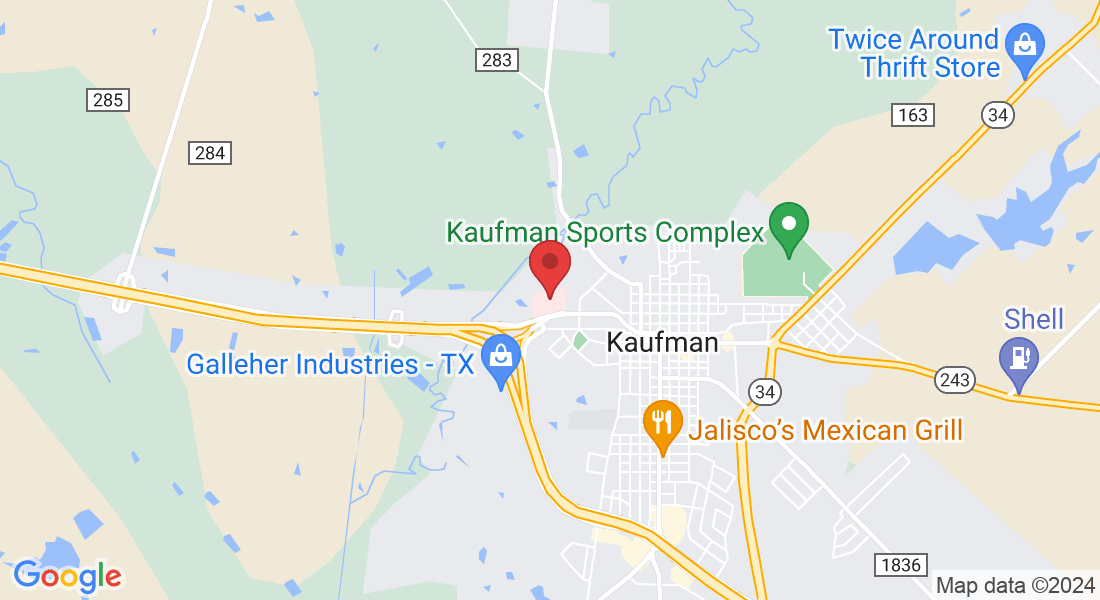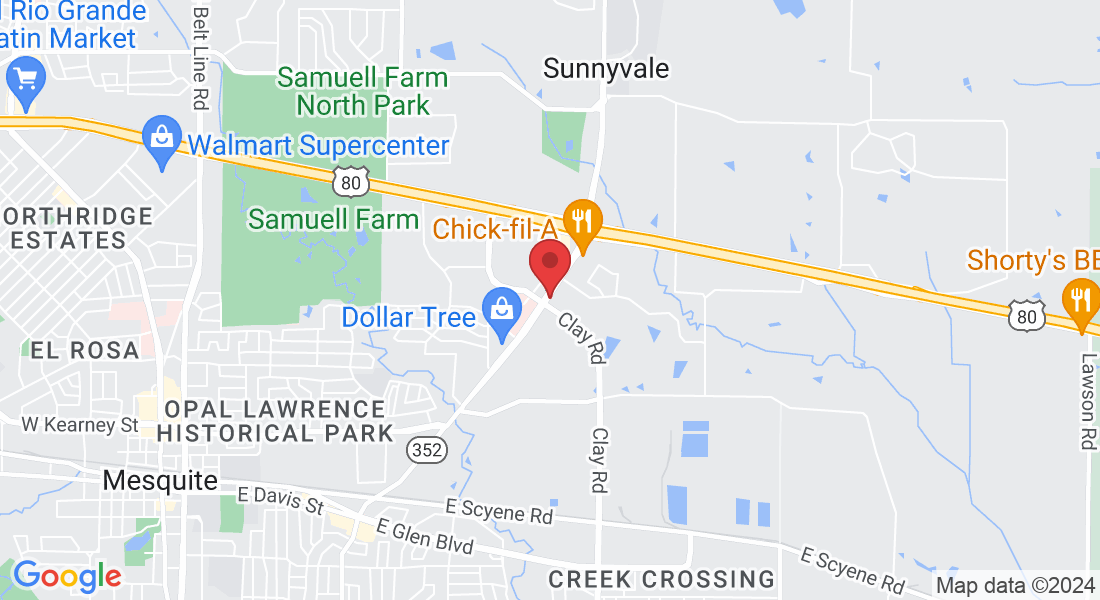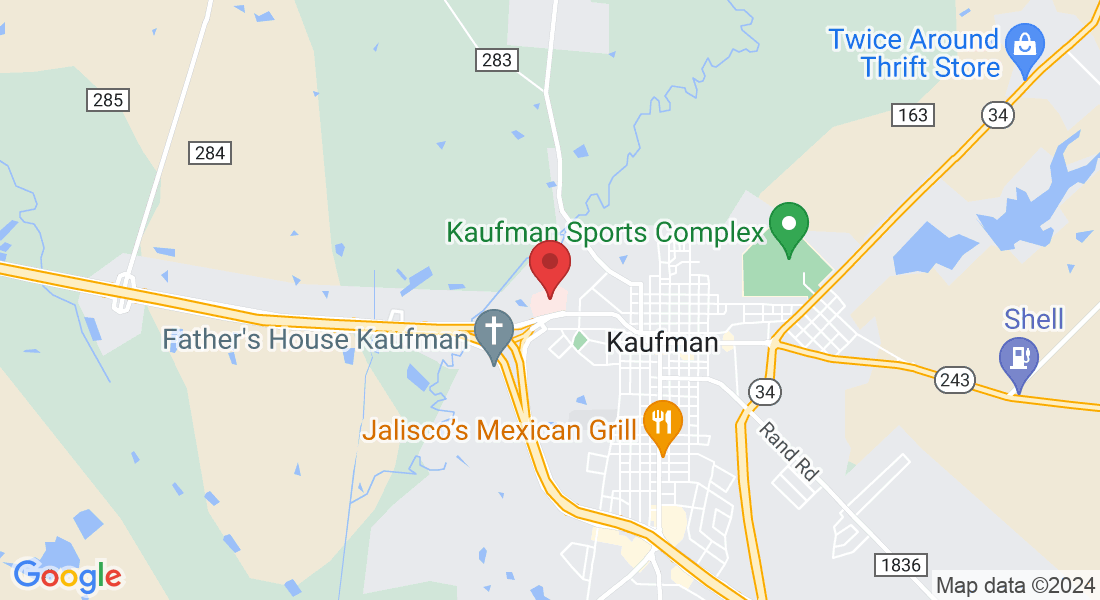214-256-3778
(214) 256-3770

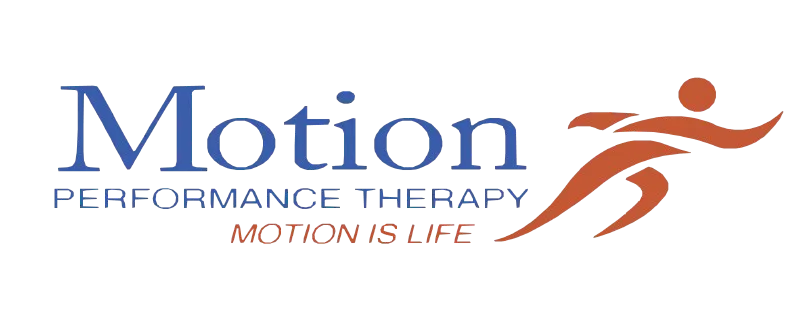
Bone Fracture Specialist
Jeff Zhao, DO provides expert care at the Dallas Orthopedic and Shoulder Institute to patients from Sunnyvale, Texas and the greater east Dallas area who have sustained bone fractures.


Bone Fracture Specialist
Jeff Zhao, DO provides expert care at the Dallas Orthopedic and Shoulder Institute to patients from Sunnyvale, Texas and the greater east Dallas area who have sustained bone fractures.
Bone Fracture Q & A
How Are Bone Fractures Treated?
Fracture care is an in-depth area of orthopedics that addresses each stage of recovery following a bone fracture, far beyond resetting a bone and applying a cast. The initial stage of fracture care involves emergency care, diagnosis, and setting and splinting. Some bone fractures do not require surgery, but still need special attention and care to ensure the bone heals properly.
Surgical fracture care is complex and can involve extensive post-operative care including external hardware, traction, slings, and extensive physical and occupational therapy. In fact, most fractures require some form of physical or occupational therapy.
Each patient follows his or her own journey through recovery, beginning with emergency care through to rehabilitation. The types of treatment and therapy needed are determined by the type of fracture the patient has sustained.
How Can I Tell if I’ve Broken a Bone?
Most bone fractures don’t break the skin so you can’t necessarily see the fracture. Fractures occur after accidents such as falling or being hit with an object.
The 3 most common signs of a broken bone are severe pain, swelling, and deformity. In some cases, patients may hear a snap or grinding noise when the injury occurs. It is common to feel pain when weight is put on the injury or when it is touched or moved. Many patients also experience faintness, dizziness or nausea when a bone is broken.
If you think you have broken a bone, it is essential to seek emergency care. The more quickly you receive treatment the sooner you will be out of pain and on your way to recovery.
What Are Different Treatments for Bone Fractures?
Depending on the kind of fracture experience, patients may have the broken bone and surrounding area immobilized with a plaster cast. This is the most common treatment for broken bones as it holds the bones in place while the bone tissue re-knits. When some mobility is permissible, the patient may wear a functional cast or brace to allow controlled or limited movement.
When the fracture is severe, traction may be necessary to gently pull the bones into correct alignment during the healing process or external fixation which uses metal pins or screws attached to the bone a metal frame outside of the body to hold the bones in place.
Bone Fracture Q & A
How Are Bone Fractures Treated?
Fracture care is an in-depth area of orthopedics that addresses each stage of recovery following a bone fracture, far beyond resetting a bone and applying a cast. The initial stage of fracture care involves emergency care, diagnosis, and setting and splinting. Some bone fractures do not require surgery, but still need special attention and care to ensure the bone heals properly.
Surgical fracture care is complex and can involve extensive post-operative care including external hardware, traction, slings, and extensive physical and occupational therapy. In fact, most fractures require some form of physical or occupational therapy.
Each patient follows his or her own journey through recovery, beginning with emergency care through to rehabilitation. The types of treatment and therapy needed are determined by the type of fracture the patient has sustained.
How Can I Tell if I’ve Broken a Bone?
Most bone fractures don’t break the skin so you can’t necessarily see the fracture. Fractures occur after accidents such as falling or being hit with an object. T
he 3 most common signs of a broken bone are severe pain, swelling, and deformity. In some cases, patients may hear a snap or grinding noise when the injury occurs. It is common to feel pain when weight is put on the injury or when it is touched or moved. Many patients also experience faintness, dizziness or nausea when a bone is broken.
If you think you have broken a bone, it is essential to seek emergency care. The more quickly you receive treatment the sooner you will be out of pain and on your way to recovery.
What Are Different Treatments for Bone Fractures?
Depending on the kind of fracture experience, patients may have the broken bone and surrounding area immobilized with a plaster cast. This is the most common treatment for broken bones as it holds the bones in place while the bone tissue re-knits. When some mobility is permissible, the patient may wear a functional cast or brace to allow controlled or limited movement.
When the fracture is severe, traction may be necessary to gently pull the bones into correct alignment during the healing process or external fixation which uses metal pins or screws attached to the bone a metal frame outside of the body to hold the bones in place.
Our Patient Reviews
Our Locations
Dallas Orthopedic and Shoulder Institute - Sunnyvale
Office Hours
Monday through Friday - 8:00am – 5:00pm
Saturday & Sunday – CLOSED
Motion Performance Therapy - Sunnyvale
Clinic Hours
Monday through Thursday - 7:00 am - 5:30 pm
Friday, Saturday & Sunday - CLOSED
Phone Number:
214-256-3778
Address
222 South Collins Road, Suite 101
Sunnyvale, TX 75182
Dallas Orthopedic and Shoulder Institute - Kaufman
Office Hours
Monday through Thursday - 8:00am – 5:00pm
Friday, Saturday & Sunday - CLOSED
Motion Performance Therapy - Kaufman
Clinic Hours
Monday through Thursday - 7:00 am - 5:30 pm
Friday, Saturday & Sunday - CLOSED
Phone Number:
214-256-3778
Address
874 Ed Hall Dr Suite 104, Kaufman, TX 75142 (Professional building next to Texas Health Presbyterian Hospital in Kaufman)
Our Patient Reviews
Our Locations
Dallas Orthopedic and Shoulder Institute - Sunnyvale
Office Hours
Monday through Friday - 8:00am – 5:00pm
Saturday & Sunday – CLOSED
Dallas Orthopedic and Shoulder Institute - Sunnyvale
Clinic Hours
Monday through Thursday - 7:00 am - 5:30pm
Friday, Saturday & Sunday - CLOSED
Phone Number:
214-256-3778
Address
222 South Collins Road, Suite 101
Sunnyvale, TX 75182
Dallas Orthopedic and Shoulder Institute - Kaufman
Office Hours
Monday through Thursday - 8:00am –5:00pm
Friday, Saturday & Sunday - CLOSED
Motion Performance Therapy - Kaufman
Clinic Hours
Monday through Thursday - 8:00am –5:00pm
Friday, Saturday & Sunday - CLOSED
Phone Number:
214-256-3778
Address
874 Ed Hall Dr Suite 104, Kaufman, TX 75142 (Professional building next to Texas Health Presbyterian Hospital in Kaufman)


Copyright 2026Dallas Orthopedic and Shoulder Institute. All rights reserved


